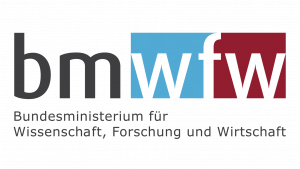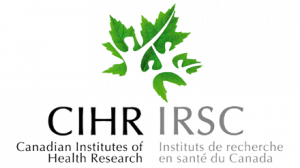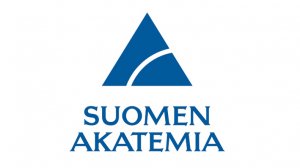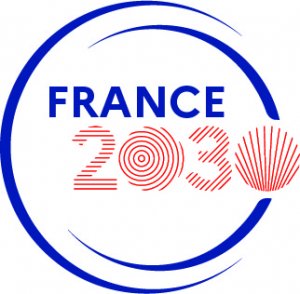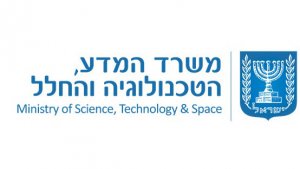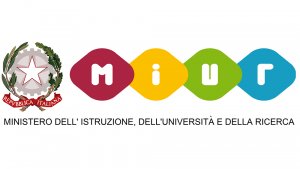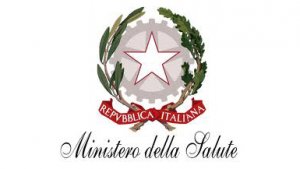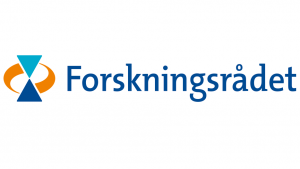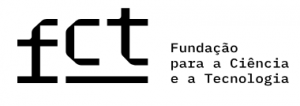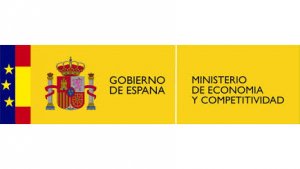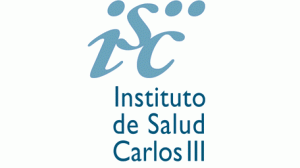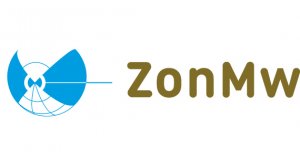Welfare, Wellbeing and Demographic Change: Understanding Welfare Models
The Joint Transnational Call 2016 is opened with the objective of enabling a better coordination of national, European and Canadian R&D programmes and activities relevant to Demographic Change in order to address the most urgent and demanding challenges defined in the Strategic Research Agenda (SRA), developed under the EC funded Coordination and Support Action J-AGE II. The aim of the call is to support research which will improve the understanding of how different approaches to welfare secure the quality of life, especially on older people. The objective is to develop comparative perspectives on “welfare models”, and the ways in which they are changing, drawing on the great diversity of approaches to welfare across Europe and Canada. A better understanding of these differences can help policymakers to identify potential ways of meeting needs, as their own models evolve in response to changing demographic pressures and circumstances. Because welfare models involve a complex interaction of public, private and voluntary activity, understanding them, their impact and the ways in which they are changing, will draw on expertise from many academic disciplines. Therefore proposals shall have an interdisciplinary nature.
The call is opened simultaneously by the participating funding organisations in their respective countries.
Interested applicants are encouraged to initiate scientific contacts with potential project consortium partners for applications, and to contact their respective national contact points.
Research questions
The call invites researchers to submit projects addressing one or more of the following questions, understood broadly:
- Understanding wellbeing: how appropriate are current measures of wellbeing across the changing life-course?
- Intergenerational relationships: how can welfare models distribute resources, rights and responsibilities in fair and sustainable ways?
- Welfare models: How can welfare models secure the health and wellbeing for older people confronted to caring needs, subject to frailty and nearing the end of life?
Research is expected to cross the traditional boundaries of Government departments and occupational sectors and to examine the implications of extending working life for older workers (50+), new labour markets, health, wellbeing and intergenerational equity.
Eligibility
Proposals may be submitted by applicants belonging to one of the following categories (according to national eligibility criteria):
Public and private scientific, research, technological and innovation institutions; universities; research active industry; NGOs; and other institutions such as private companies, public institutions and other stakeholders involved in research activities, may participate in the project consortia as long as they are eligible for funding through national eligibility criteria.
Only transnational projects will be funded. Each proposal must involve a minimum of three eligible applicants from at least three different countries participating in the call. The maximum number of eligible participants in a project consortium is seven. The consortium should be reasonably balanced, not more than two eligible applicants per country/funding organization are allowed.
Participants not eligible to be funded (e.g. from non-funding countries or not fundable according to national regulations of the participating funding countries) may participate in a project proposal if they are able to secure their own funding. Such participants should state in advance the source of funding for their part in the project. However, the majority of participant groups in a consortium and the Coordinator shall be eligible to be funded by the participating funding organisations, according to the national regulations.
The duration of the projects can be up to three years. Nevertheless, a partner can receive funding for less than 3 years according to funding organisations eligibility criteria and national regulations.
Eligible costs and funding provisions may vary according to the respective funding organisations’ regulations. Each applicant is subject to the rules and regulations of their respective national funding organisation.
The ANR's tentative initial funding commitment for French projects is of € 800 000, for an envisaged number of 3-4 projects potentially founded.
